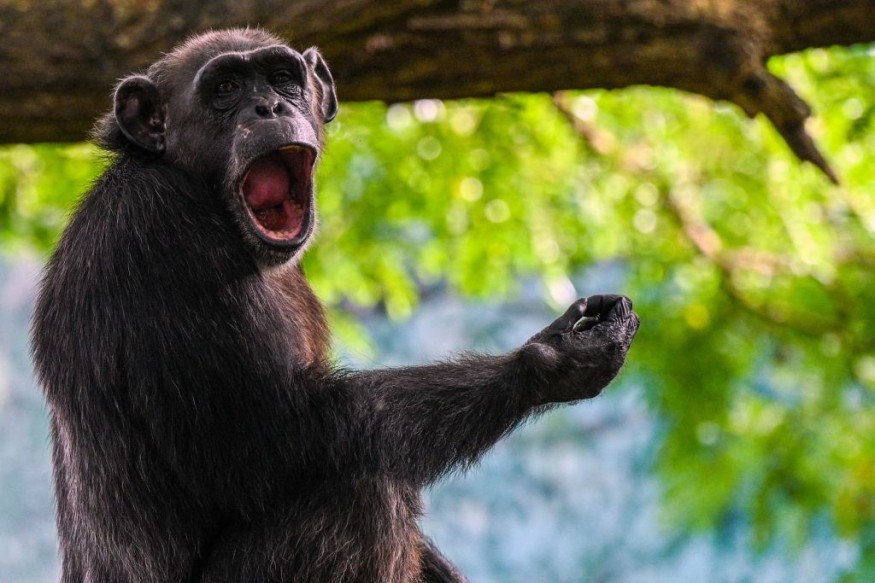
A study indicated that the apes' memories could be shaped by social relationship.
Experts noted that bonobos and chimpanzees could actually recall the peers they spent time with in the past, even if they have been separated for a long period of time.
They said that this recognition appears to be influenced by whether they got on well with each other - or not.
Social Memory
Researchers noted that while human social memory lasts decades and tracks relationships, less is known about nonhuman ape long-term memory.
In the study, they presented evidence that both chimpanzees and bonobos recognize the faces of familiar conspecifics even after many years of separation.
An eye-tracking task revealed that apes' attention was biased toward former groupmates over strangers, and this pattern may persist for at least 26 years beyond separation.
They said that the apes' memory may also represent the quality of their social relationships: apes looked longer toward individuals with whom they had more positive relationships.
Thus, critical properties of human memory may reflect deep homologies with other apes, likely providing the foundation for the emergence of complex cooperative relationships that operate across long time-scales.
The study explained that long-term social memory likely played a key role throughout human evolution, as our ancestors increasingly built relationships that operated across distant space and time.
Although individual recognition is widespread among animals and sometimes lasts for years, little is known about social memory in nonhuman apes and the shared evolutionary foundations of human social memory.
In a preferential-looking eye-tracking task, researchers presented chimpanzees and bonobos with side-by-side images of a previous groupmate and a conspecific stranger of the same sex.
The apes' attention was biased toward former groupmates, indicating long-term memory for past social partners. The strength of biases toward former groupmates was not impacted by the duration apart, and our results suggest that recognition may persist for at least 26 years beyond separation.
Quality Of Past Relationship
The researchers also found significant but weak evidence that, like humans, apes may remember the quality or content of these past relationships: apes' looking biases were stronger for individuals with whom they had more positive histories of social interaction.
They pointed out that long-lasting social memory likely provided key foundations for the evolution of human culture and sociality as they extended across time, space, and group boundaries.
Long-term memory for social partners and interactions allows animals to build individual relationships, strategically navigate dominance hierarchies and alliances, and avoid hostile interactions.
According to scientists, humans are notable within the animal kingdom for our ability to remember others' names and faces and track information about social roles, groups, and relationships for decades.
Yet, the phylogenetic origins of our rich social memory remain unclear.
Apes have shown long-term memory for past physical events in experimental contexts, and some monkey and ape species track third-party relationships and the spatiotemporal patterns of fruiting trees across time.
Scientists said that the human's closest living relatives, chimpanzees (Pan troglodytes) and bonobos (Pan paniscus), also exhibit complex intergroup dynamics, build friendships and alliances, and show evidence of third-party knowledge, despite sometimes going days without seeing members of their communities.
Still, while there is evidence that some primates remember familiar conspecifics for multiple years, this memory may be limited in their very closest relatives, as bonobos cease to display vocal recognition of former groupmates beyond 5 years of separation.
Related Article : Lucy Might Just be As Intelligent As Modern Apes, Study Says
© 2025 NatureWorldNews.com All rights reserved. Do not reproduce without permission.





